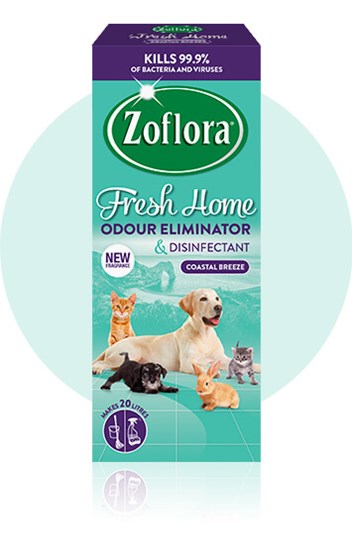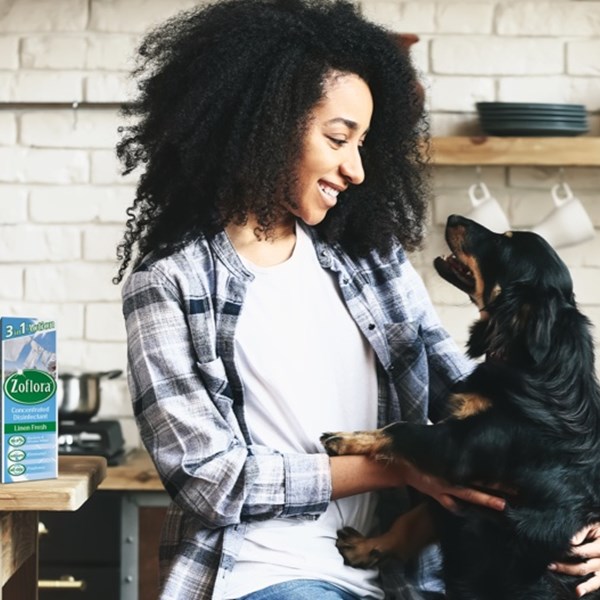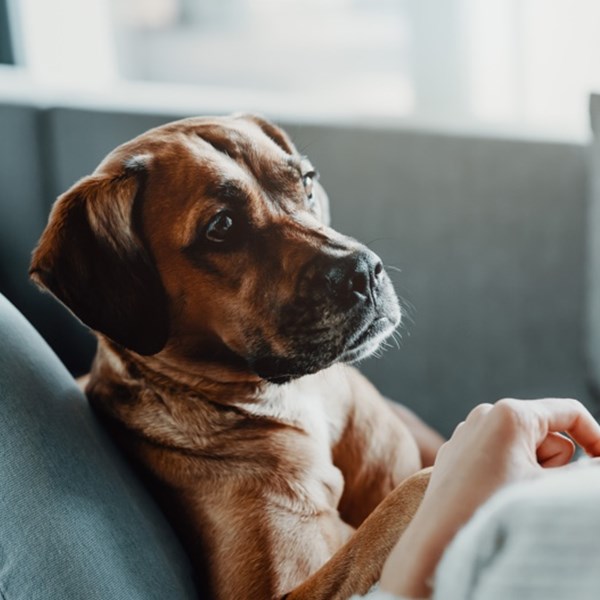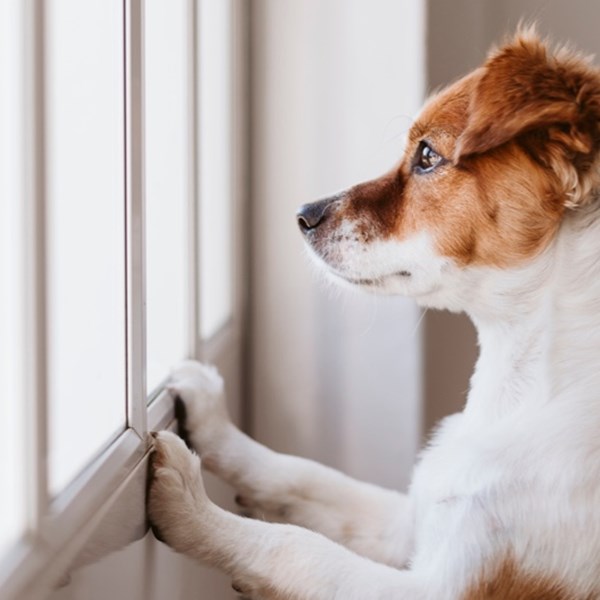Leaving Lockdown And Dogs Home Alone
How to help your dogs cope with the change back to normal life! After 6 long months, we are finally heading towards a more normal life. Many of us are back to working in the office rather than the kitchen and the schools have finally re-opened fully. Whereas once we were stuck at home, we are now more or less out and about as normal. Which is a great relief for us humans, but the same can’t always be said for our dogs.
Our canine companions are an extremely sociable species and many of them have revelled in having their families around for months on end. And, let’s not forget the huge numbers of puppies who have known nothing but the lockdown life. It is inevitable that our pets are going to be left alone more as we move forward and, for some, this may be stressful.
There have been a lot of articles written recently about preparing your pets for this change, but if life got in the way (you get no judgement from me if that’s the case!) and you are suddenly faced with leaving your dog for the first time in a long while, here are my tips!

First of all, make sure your dog has a comfy and safe place to rest while you are out. Dogs should sleep for 18 hours a day, so this is an ideal time for them to catch a nap! They tend to feel most secure in a covered crate, as long as there is enough room for them to stretch out fully on a super soft bed.
If you don’t have space for something so large, have a think about your dog’s favourite place in the home and make it as comfy and cosy as possible. If they do spend hours in their bed, washing it regularly will help keep the doggy smells at bay! To keep it smelling fresh and free from bacteria just add 1 capful of Zoflora Fresh Home into the rinse cycle of your wash to eliminate any lingering pet smells.
Minimise Distractions
If your dog tends to get stressed about things outside the house, for example, people walking past or cats in the garden, my advice would be to restrict their access to the rooms where they can see these, or at the very least, close the curtains. It is amazing how much difference can be made by simply stopping your dog being able to see the things they get frustrated by.
Leaving your pet with something to do while you are out is always helpful. Rather than giving them their breakfast in a bowl and rushing out of the door, put it in a puzzle toy and make them work for it! Chew toys are also an excellent distraction and dogs use chewing as a way to relieve stress and relax. However, only use ones that are approved by the Veterinary Oral Health Council, as many, although marketed for chewing, are too hard and can damage teeth.
For some dogs, their distress at being left is obvious and you will come home to destruction, accidents or neighbours complaining about the noise! For others, it can be more subtle and although they (and your home!) may seem fine when you get back, they actually have been struggling.
Urinating is often used as a way to self-soothe by dogs. It releases their scent and gives them a little kick of feel-good hormones (think of that sensation of relief when you go to the toilet when you really need it!). If you find accidents happening, it is a real sign they are feeling stressed but it is also important to clean it up properly. Zoflora’s Fresh Home range has been specially tested to eliminate pet-specific odours such as vomit, wet dog, urine and faeces, whilst also being friendly to animals’ delicate sense of smell.
Another way to judge if they have been coping alone, is their reaction to you returning. If they are super excited; running, jumping up, whining or barking and take a while to chill out, this could be an expression of their overwhelming relief that you have reappeared. If they are happy to see you but quickly calm down, they have probably been more relaxed while you have been gone.
However, if you are at all concerned, it is never wrong to get some help! It is much easier to solve separation anxiety issues sooner rather than later and I always direct my clients to a local Association of Pet Behaviour Counsellors registered behaviourist for advice.

Try Doggy Daycare
Another option is to consider Doggy Daycare. These are popular with many owners and their pets! However, it does very much depend on your dog. Whilst some adore the company and games, others are more reserved and aren’t so keen.
The only way to tell is to arrange a trial day and let the team at the centre assess your pet. You should also be aware that it is a very tiring environment (possibly another advantage!), so make sure that after a day at the “canine crèche,” they are left in peace and allowed to rest.
Something else some dogs may struggle with is visitors! For months they have only had their families in their homes and strangers may trigger some negative reactions. If your pet finds callers a challenge, keep them out of the way until your guest is settled and then make sure they get lots of treats when they are introduced. Essentially you want your dog to associate new people with nice things!
However, it’s not all bad! The vast majority of dogs are extremely adaptable, even the youngsters, and most will soon adjust to the new routine. There are probably going to be quite a few who will be very glad to finally have some peace and quiet!






